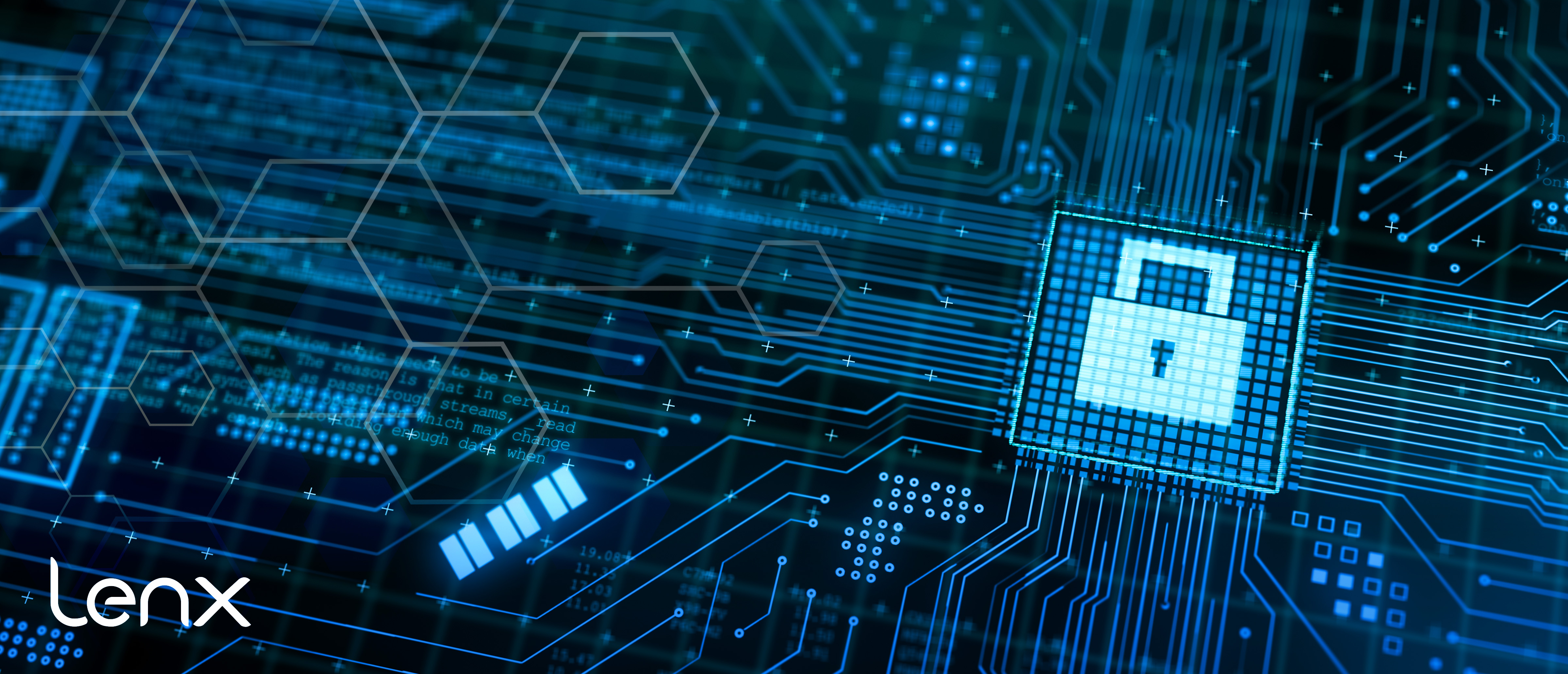
Navigating Privacy Concerns With AI Security and Active Shooter Detection Systems
AI security technology is reshaping our approach to safety. It's particularly impactful in active shooter detection systems.
Yet, this advanced tech raises valid privacy concerns. Balancing security needs with privacy rights is a complex task.
In this article, we'll navigate these concerns. We'll explore how AI security and privacy can coexist, ensuring both safety and respect for individual rights.
Understanding AI Security and Active Shooter Detection
AI security technology is a game-changer. It's transforming traditional security measures, making them more efficient and responsive.
One key application is active shooter detection. AI security apps and systems work tirelessly to detect potential threats. They analyze vast amounts of data to identify risks.
AI gun detection technology plays a crucial role here. It can help prevent violent incidents before they occur.
AI security detectors can significantly reduce response times during active shooter events. This can save lives and minimize harm.
The Intersection of AI Safety and Privacy Rights
AI security technology raises important privacy concerns. The balance between public safety and individual privacy rights is delicate.
AI systems collect and analyze vast amounts of data. This can include personal and sensitive information.
Legal frameworks govern the use of AI for security and surveillance. However, these laws must evolve with the technology.
The potential for bias and error in AI security systems also impacts privacy. It's crucial to minimize false positives and negatives in AI gun detection.
Ethical Implications of AI in Security
AI security technology presents ethical challenges. One key concern is the potential misuse or abuse of the technology.
Data encryption and anonymization can help address privacy concerns. Yet, the privacy of vulnerable populations may still be at risk.
Clear policies on data retention and access are needed. This is especially true for AI security applications.
Legal Frameworks and AI Security Technology
Legal frameworks govern the use of AI for security. These laws aim to balance public safety and individual privacy rights.
However, the potential for bias and error in AI security systems poses legal challenges. False positives and negatives in AI gun detection can infringe on privacy.
Ongoing oversight and regulation of AI security technology are crucial. They ensure the technology's responsible use.
Minimizing Risks: Bias, Error, and Data Protection in AI
AI security systems are not infallible. They can make mistakes, leading to privacy breaches.
Strategies for minimizing these errors are vital. They include refining AI threat detection algorithms and enhancing data analysis.
Data encryption and anonymization can also help. They address privacy concerns without compromising AI safety.
However, keeping AI security technology up-to-date with evolving threats remains a challenge. It requires constant vigilance and innovation.
Transparency and Public Consent in AI Deployment
The use of AI security technology must be transparent. Authorities should clearly communicate how these systems work and their implications for privacy.
Public consent is also crucial. It ensures that AI security apps are deployed responsibly and ethically.
The Future of AI Security: Ethical Design and International Standards
The future of AI security lies in ethical design. This includes considering privacy concerns during the development of AI systems.
International standards can also guide the use of AI. They can help ensure that AI security technology respects privacy rights globally.
Conclusion: Balancing Security and Privacy in AI Applications
Balancing security and privacy in AI applications is crucial. It ensures the responsible use of technology while protecting individual rights.
In conclusion, navigating privacy concerns in AI security technology requires a multi-faceted approach. This includes ethical design, legal frameworks, transparency, and international standards.

